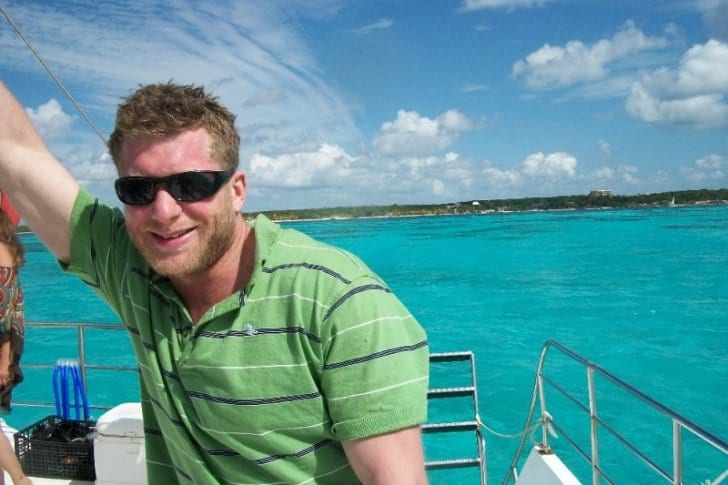Earlier this week, the Surrey RCMP brought reporters into a room and showed them photos of five men. They told the public that they should fear these men, that they pose a threat to public safety.
It would have been a normal event, except for one fact — none of the five men were accused of a crime. They were victims.
All of them were the targets of recent shootings in the Metro Vancouver area, which police believe to be part of an escalating gang war. The RCMP said that because these men refused to cooperate with police, they could still be targeted, and therefore people should steer clear of them.
“We believe these individuals also know who the suspects are in many of these cases,” assistant commissioner Dwayne McDonald said. “They also refused to identify these individuals.”
If the RCMP believes that not cooperating with an investigation is grounds for public humiliation, perhaps they should be looking at their brothers in blue across the Fraser River.
Aug 13, 2017, will mark the two-year anniversary of the killing of Myles Gray by members of the Vancouver Police Department.
For months, the seven police officers who killed Myles Gray have refused to cooperate with the Independent Investigations Office, the agency that is tasked with looking into cases where police kill or maim British Columbians.
If you’re not familiar with the killing of Myles Gray, you are not alone. (Full disclosure: his cousin is a friend of mine.)
Myles Gray was killed in the middle of the day by seven VPD officers. He reportedly had an argument with someone about watering a lawn. He was working that day. He was unarmed. A toxicology test revealed he wasn’t drunk or high, and there’s nothing to indicate that he was having a mental health episode.
What we know is that the police chased him into a backyard and beat him to death.
I’ve previously detailed the VPD’s abysmal record of violence and indifference. But things are getting worse. The VPD is now openly refusing to cooperate with the civilian authorities British Columbians have tasked to investigate police killings.
The Surrey RCMP has its own black marks. It’s been more than two years since Hudson Brooks, a 20-year-old man, was shot and killed by a Surrey RCMP officer, but his family still has no idea what happened.
Brooks, like Gray, was unarmed. An audio recording has emerged that seems to indicate that there was no attempt at de-escalation. And we don’t know the name of the officer who killed Brooks.
These killings should be a scandal. The fact that police violence was never raised as an issue during BC’s recent provincial election is an indication of how little the political establishment values human life if it’s taken by a police officer.
Perhaps David Eby, the new attorney general, will take this issue more seriously than his predecessors, but with a largely apathetic public, that’s not a given.
And compared to Ontario, there’s been minimal pushback in BC from civil society when it comes to police violence.
In fact, some of the only public resistance the police have encountered recently comes from Vancouver Pride, which for months debated whether or not to allow the police to march in the parade. But even there, the killings of people like Myles Gray and Hudson Brooks weren’t a part of the conversation.
The police will in fact be marching, with up to 20 percent of their contingent doing so in uniform.
I can’t imagine how the families of Myles Gray, Hudson Brooks and the many other people who have been killed by police officers in BC will feel if they catch glimpses of officers, who may very well be the ones who killed their loves ones, being feted in the streets of Vancouver.
So when you come across an RCMP officer marching alongside their colleagues, remember that while they’re fine with releasing the names of crime victims, they’re not willing to be held publicly accountable when they kill someone.
And if you see a VPD officer in the parade hoisting a rainbow flag or shooting a water gun into the crowd, please do me a favour.
Ask them if they killed Myles Gray.

 Why you can trust Xtra
Why you can trust Xtra


